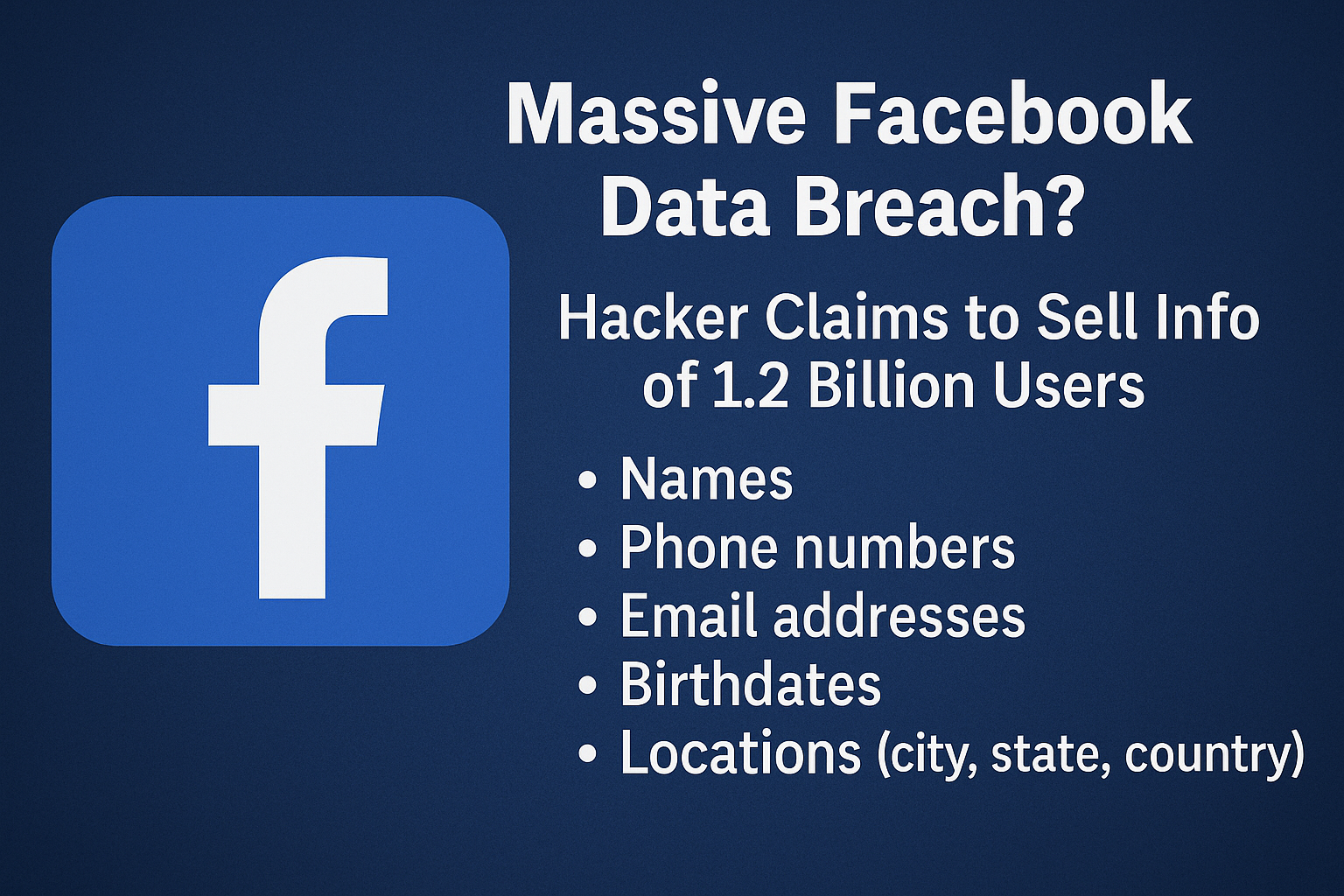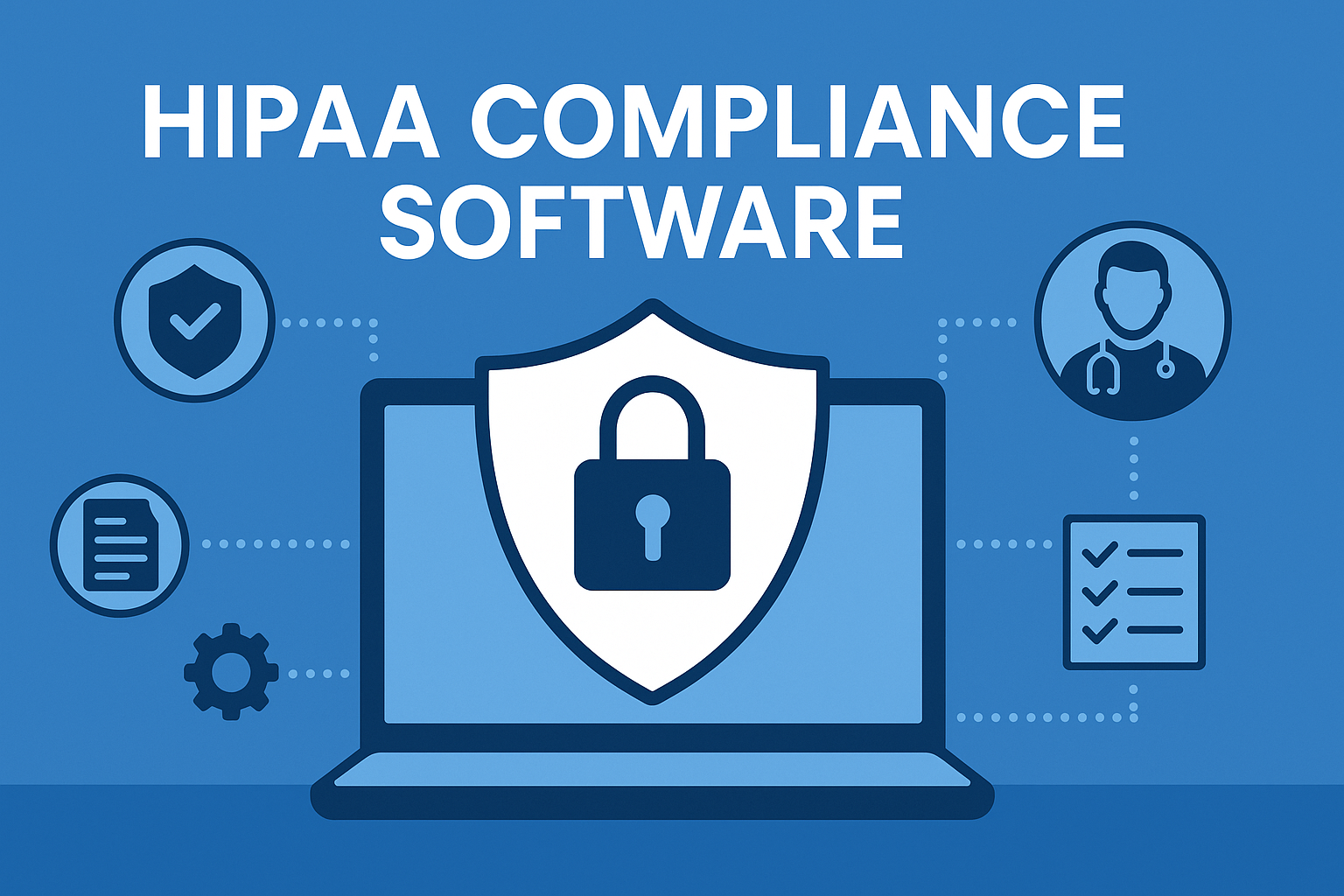Massive Facebook Data Breach? Hacker Claims to Sell Info of 1.2 Billion Users
Facebook Data Breach: 1.2 Billion Accounts at Risk?
In what could be Facebook’s largest data breach to date, a hacker known as “ByteBreaker” has allegedly put personal data from over 1.2 billion Facebook users up for sale on the dark web. The leaked information reportedly includes names, phone numbers, email addresses, birthdates, and location data—enough to seriously compromise user privacy.
This incident has sent shockwaves through the cybersecurity community and reignited concerns about how Facebook protects user data.
What We Know About the Alleged Breach
According to cybersecurity analysts at Cybernews, the hacker has made claims that suggest the scale of this breach could rival or even surpass previous ones. While the exact origin of the data is still under investigation, the hacker insists that the dataset is fresh and compiled using scraping techniques and previous leaks.
🛑 Leaked Data May Include:
- Full names
- Phone numbers
- Email addresses
- Facebook user IDs
- Birthdates
- Locations (city, state, country)
A History of Facebook Data Exposures
This isn’t the first time Facebook has faced a major data exposure. In 2021, personal data from over 533 million users was leaked online. In 2019, researchers found 1.2 billion records stored on an unprotected server—though not directly linked to Facebook.
🧾 Previous Incidents:
- 2021: 533 million users’ data leaked
- 2019: 1.2 billion records exposed via unsecured server
- 2018: Meta fined €251 million for a breach affecting 29 million users
What Facebook Users Should Do Now
Even if you’re not sure whether your account is part of the breach, it’s crucial to take immediate precautions.
✅ Security Tips:
- Change your Facebook password and enable two-factor authentication (2FA)
- Check if your email or phone number has been exposed using sites like HaveIBeenPwned
- Avoid clicking suspicious links or sharing personal info online
- Use a password manager to generate strong, unique passwords
Why This Matters
A data breach of this size doesn’t just affect individual privacy—it exposes billions to scams, identity theft, and phishing attacks. It also puts pressure on platforms like Facebook (Meta) to enhance data security and adhere to global privacy regulations like the GDPR.
Final Thoughts
If verified, this Facebook data breach could mark one of the largest personal information leaks in history. While Meta has yet to confirm the legitimacy of the claims, now is the time to be proactive about your online safety.




Comments are closed